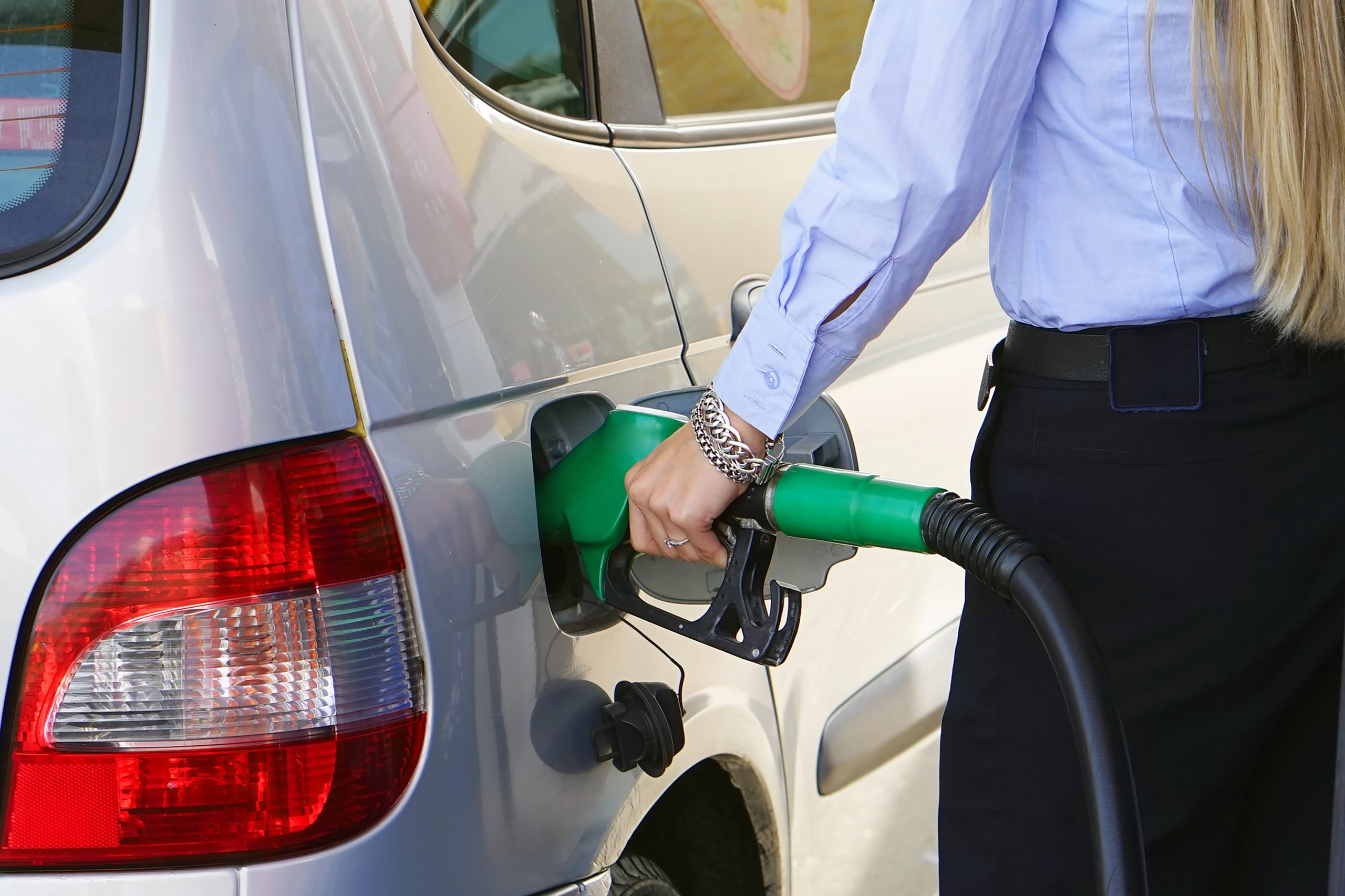On Feb. 21, the price of a gallon of gasoline reached $4.68 in Bakersfield, a record high for the city – which happens to sit almost in the middle of the county that pumps 75% of all oil produced in California. Not that Kern County motorists can drive to the nearest well or tap into a pipeline and fill ‘er up. There’s an extensive process required to turn crude into usable consumer products.
But when gasoline prices hit a record in an oil rich region, and are more than a dollar higher than the national average of $3.57 a gallon, well, the point becomes a little sharper.
Elsewhere in California:
- Prices for regular rose on 21 of the first 24 days of February in Los Angeles. By the 25th day, the price at one station in the city hit $6 a gallon.
- Over the first 24 days of February, prices in Orange County set new records 17 times.
- San Diego County hit $4.81 a gallon on Feb. 25, a new high.
- A day earlier, the average Bay Area price was $4.94, with $5 a gallon coming fast.
“Everyone is going up the same,” says Patrick De Haan of gasbuddy.com, “but no one is going to match California’s prices.”
Even before Russian President Vladimir Putin ordered an invasion of Ukraine, fuel prices in California and the U.S. had been rising. (For the record, the U.S. is importing more gasoline and refined crude products from Russia than it does from any other nation, a little more than a year after the U.S. was energy independent.) So a growing problem has become even worse.
Partly responsible for high gasoline prices in California is the highest gasoline tax – almost 67 cents on every gallon – in the country. And come July 1, the pain at the pump, to bring back an old but still descriptive phrase, will only increase, as another tax hike to pay for Senate Bill 1, the $52 billion road repair legislation of 2017, is on schedule.
Gov. Gavin Newsom has suggested suspending the tax hike (which he was encouraged to do using his emergency powers during the pandemic but declined), though Democratic legislative leaders are not on board. Congressional Democrats, however, desperate for anything that looks like a win for Joe Biden’s sinking presidency, and generally a bit less beholden to the green lobby than California lawmakers, are thinking about a federal gas tax holiday.
Meanwhile, Sacramento Republicans have been since the first of the year recommending “a holiday from the state’s gas and car taxes.”
Nothing wrong with these proposals. But California gas price troubles have deep roots caused not by “price-gouging” oil companies but by public policy:
- California’s cap-and-trade program adds more than 14 cents to a gallon of gasoline. The additional costs are “obviously passed along to the end user, in this case, motorists,” said De Haan.
- There is also an underground storage tank cleanup fee that adds 2 cents to the per-gallon price.
- The state’s Low Carbon Fuel Standard adds more than 22 cents per gallon to prices.
- California’s boutique fuel blends, required by the state Air Resources Board as a part of the state’s environmental rules, cost more to produce than more conventional blends. Those costs are also passed on to drivers.
- Newsom has called for a ban by 2045 on all drilling – in the state that holds more crude reserves than all but three other states, and is seventh in oil production. Even an incrementally falling supply can mean higher prices, and if markets aren’t already pricing in the future loss of California crude, they eventually will.
Should the state scale back its mandates, motorists could save as much as $11 billion a year, based on gas prices from two years ago. Of course, that would take years if not decades of unwinding, including the years needed to change the makeup of the Legislature from one less dedicated to environmental extremism to one that’s more reasonable about energy policy.
Kerry Jackson is a fellow with the Center for California Reform at the Pacific Research Institute.

